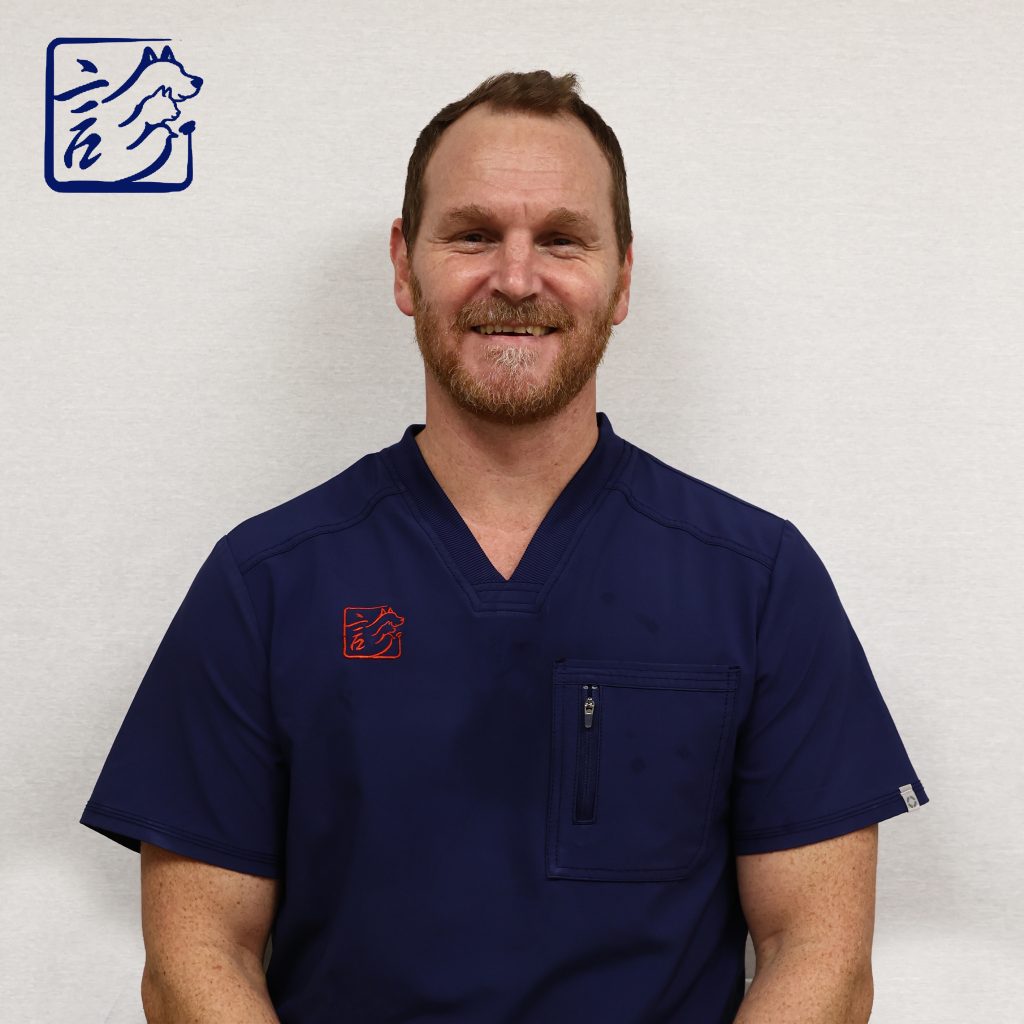
Meet
Dr. Ryan Moralee
Dr Ryan is the co-director and co-owner of VAH and endeavours to build a VAH that is more Mindful, Professional, Honest and Collaborative than ever before.
Dr Ryan has been practicing veterinary medicine for 15 years, 7 of those have been in Hong Kong, with 4 of them being at our very own Victory Animal Hospital.
He has worked across multiple disciplines within the field including intensive care, emergency medicine, surgery, and general practice. With his post graduate degree in small animal medicine and diagnostic imaging he has found a great niche to utilise his knowledge at VAH. He will continue to pursue expertise in multiple fields such as surgery, medicine, dermatology, and cardiology.
In his spare time Dr Ryan enjoys running, golf, cricket, and spending time with his four beautiful children and wife.
Dr. Ryan has a
SPECIAL INTEREST IN DIAGNOSTICS, IMAGING, MEDICINE AND SOFT TISSUE SURGERY
Soft tissue surgery is a broad field that encompasses a wide range of procedures involving the body’s soft tissues, which include internal organs, the body wall, masses or tumors, and hernias or defects. These procedures can be performed using various techniques, such as open surgery, laparoscopic surgery, or robotic surgery. Some common examples of soft tissue surgery include appendectomy, cholecystectomy, mastectomy, liposuction, hernia repair, excisional biopsy, lumpectomy, and radical surgery. While these procedures can be complex and challenging, they can also be life-saving treatments for many patients. If you are considering soft tissue surgery, it is important to discuss the risks and benefits with your doctor.
Veterinary diagnostics involve the use of various techniques and procedures to identify the underlying causes of health problems in animals. These diagnostics play a crucial role in providing accurate and timely treatment for pets.
Common diagnostic methods in veterinary medicine include:
- Blood tests: These tests can assess a pet’s overall health, check organ function, and detect diseases.
- Urinalysis: Analysing urine can help identify problems with the kidneys, liver, or urinary tract.
- Faecal exams: Examining faecal samples can help detect parasites and other intestinal issues.
- X-rays: X-rays are used to visualise bones, organs, and other internal structures.
- Ultrasound: Ultrasound is a non-invasive imaging technique that can examine organs and detect abnormalities.
- Endoscopy: Endoscopy allows for examination of the inside of the digestive or respiratory tract.
- Cytology: Cytology involves examining cells under a microscope to diagnose diseases.
- Histopathology: Histopathology examines tissue samples under a microscope for diagnostic purposes.
Veterinarians utilise these diagnostic tools to accurately diagnose a pet’s condition and develop appropriate treatment plans.
